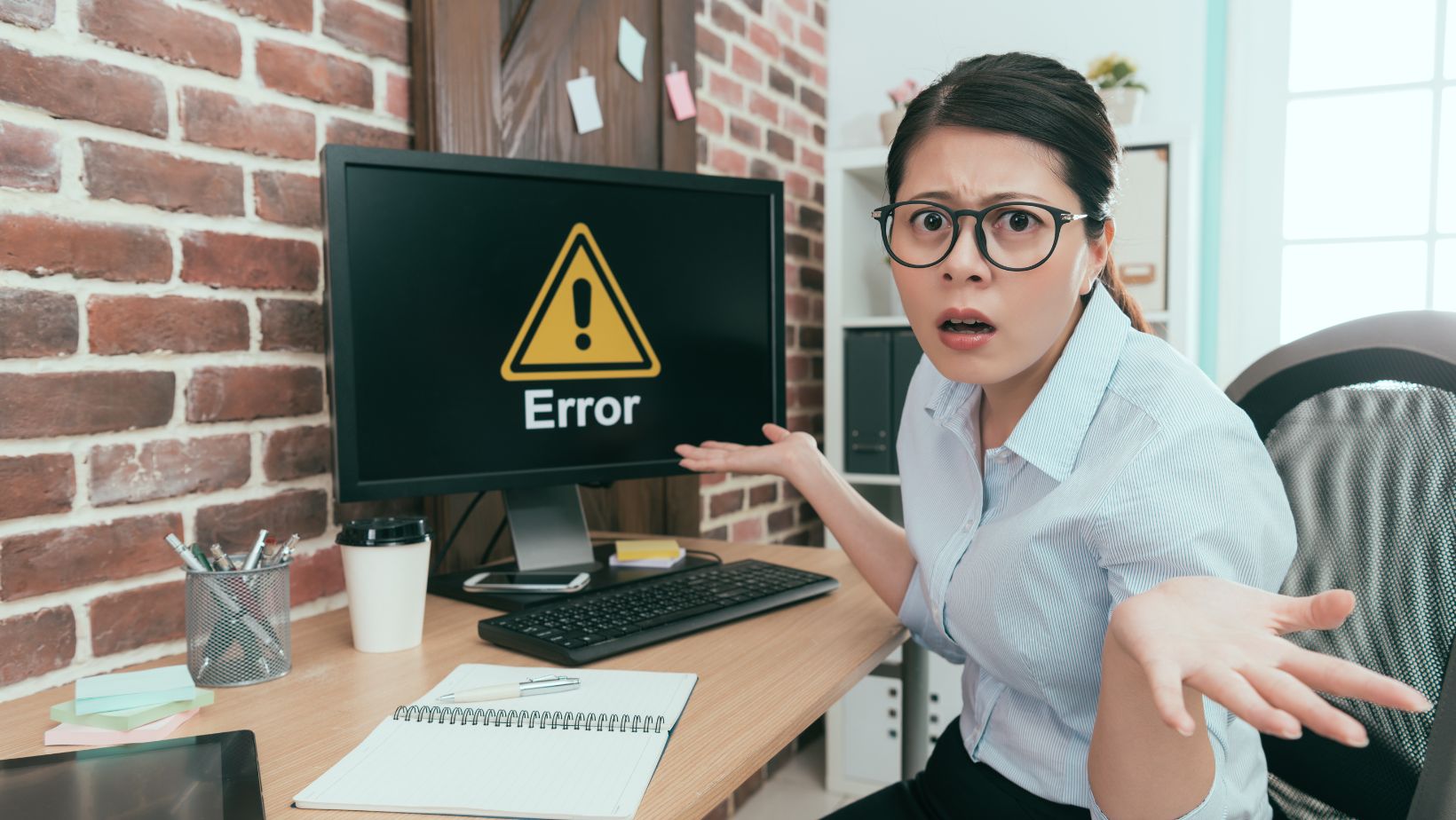Being literate in technology is now crucial for survival in our progressively digital society. Knowledge of technology is now vital, whether in the fields of online banking or cybersecurity. However, how will this affect people who have difficulty using technology? Might it be risky to not be tech-savvy? Possible dangers lurk in all corners of life; let’s analyze them.
Cybersecurity Risks
Being prone to cybercrime is one of the biggest risks associated with having inadequate technical skills. Scammers and hackers are getting smarter, and people who don’t know the basics of cybersecurity are more likely to fall for them. One example is the phishing scam, which involves sending fraudulent emails or messages to trick victims into divulging personal information such as passwords or bank details.
Think about draining your bank account the following day after you clicked on a link that looked like it came from your bank without realizing it had happened. One more security hole is weak passwords. People who aren’t very tech-savvy often use passwords that anyone can guess, putting accounts vulnerable to hackers who can steal personal data and potentially cause financial or identity theft.
Malware and ransomware can infect devices if users do not use antivirus software or install updates. Serious financial and personal harm can result from this malicious software’s ability to encrypt files and demand a ransom or steal sensitive data.
Financial Risks
Having a good grasp of technology is crucial when dealing with online transactions, particularly those involving money. A specific degree of technical proficiency is required for the secure use of many websites, including online banking systems, investment services, and cryptocurrency gambling sites. If you aren’t familiar with how the internet functions, you could miss out on finding safe platforms that put the needs of their customers first. Take this case in point:

- Online Banking Errors: Misunderstanding how to use online banking platforms can result in sending money to the wrong account or falling prey to phishing websites that mimic legitimate banking sites.
- Investing in Scams: Fraudulent schemes are common in the crypto and digital asset space. Without proper knowledge, users might fall for less secure platforms, underscoring the need for tech literacy to identify trusted websites and avoid financial pitfalls.
- Accessing Reliable Platforms: Tech-savvy users can benefit from platforms like 99Bitcoins Crypto blackjack, which prioritize secure transactions, instant deposits, and quick withdrawals. These user-friendly sites ensure that even newcomers to cryptocurrencies can engage safely and confidently, making technology an ally in online entertainment and finance.
People can reduce their risks and get the most out of digital tools by only doing their banking, entertainment, and other financial activities on safe, well-reviewed platforms.
Health and Safety Concerns
Healthcare and personal safety are also greatly improved by technology. In these areas, not being good at tech could lead to big problems:
- Telemedicine Misuse: Many healthcare providers now offer telemedicine services. Misunderstanding how to use these platforms might delay critical medical consultations.
- Smart Home Devices: Incorrectly setting up or managing smart home devices, like security cameras or smoke detectors, could compromise home safety.
Social Isolation
Even though technology brings people together all over the globe, paradoxically, not being able to use it properly can cause them to become detached socially. People may experience feelings of isolation and disconnection if they are unable to use vital communication apps such as WhatsApp or Zoom, which can cause them to miss out on important chances to connect with loved ones.
On top of that, there are a lot of online-only social and professional groups these days. Inadequate technical proficiency can prevent one from joining these beneficial networks, which in turn impedes professional and personal development. Feeling excluded and having fewer opportunities for social interaction and advancement can result from not being able to participate in online spaces in digital spaces.
Professional Risks
Many jobs today require strong digital skills. Without tech skills, it may be hard to find or keep a job. Employees who have trouble adopting technology at work may take more time to finish their assignments, which reduces efficiency. Also, there is no professional advancement. Excel, Project Management, and other cloud-based tools are now essential in most industries. Having these skills is crucial for advancing in the workplace.
Tips for Improving Tech Skills
Fortunately, becoming more tech-savvy is achievable for anyone willing to learn. Here are some tips to get started:

- Take Online Courses: Platforms like Coursera and Udemy offer beginner-friendly courses on various tech topics.
- Seek Help from Tech-Savvy Friends or Family: Don’t hesitate to ask for guidance from more experienced people.
- Practice Regularly: Spend time exploring new apps, devices, or software to build confidence and familiarity.
- Stay Updated: Keep software and devices updated to benefit from the latest security features and improvements.
- Use Tutorials and Guides: Many platforms provide step-by-step guides to help users navigate their features.
Final Words
Being technologically uncoordinated is now more than just a nuisance; it can be a serious threat in the current increasingly dependent society. There are far-reaching consequences of lacking digital literacy, including cybersecurity threats, financial risks, and social isolation.
People can better prepare themselves for the age of the internet and even thrive in it if they put effort into learning and becoming more proficient with technology. For a better, more interconnected future, it is crucial to embrace technology, whether it’s for securely exploring digital assets or protecting personal devices.



